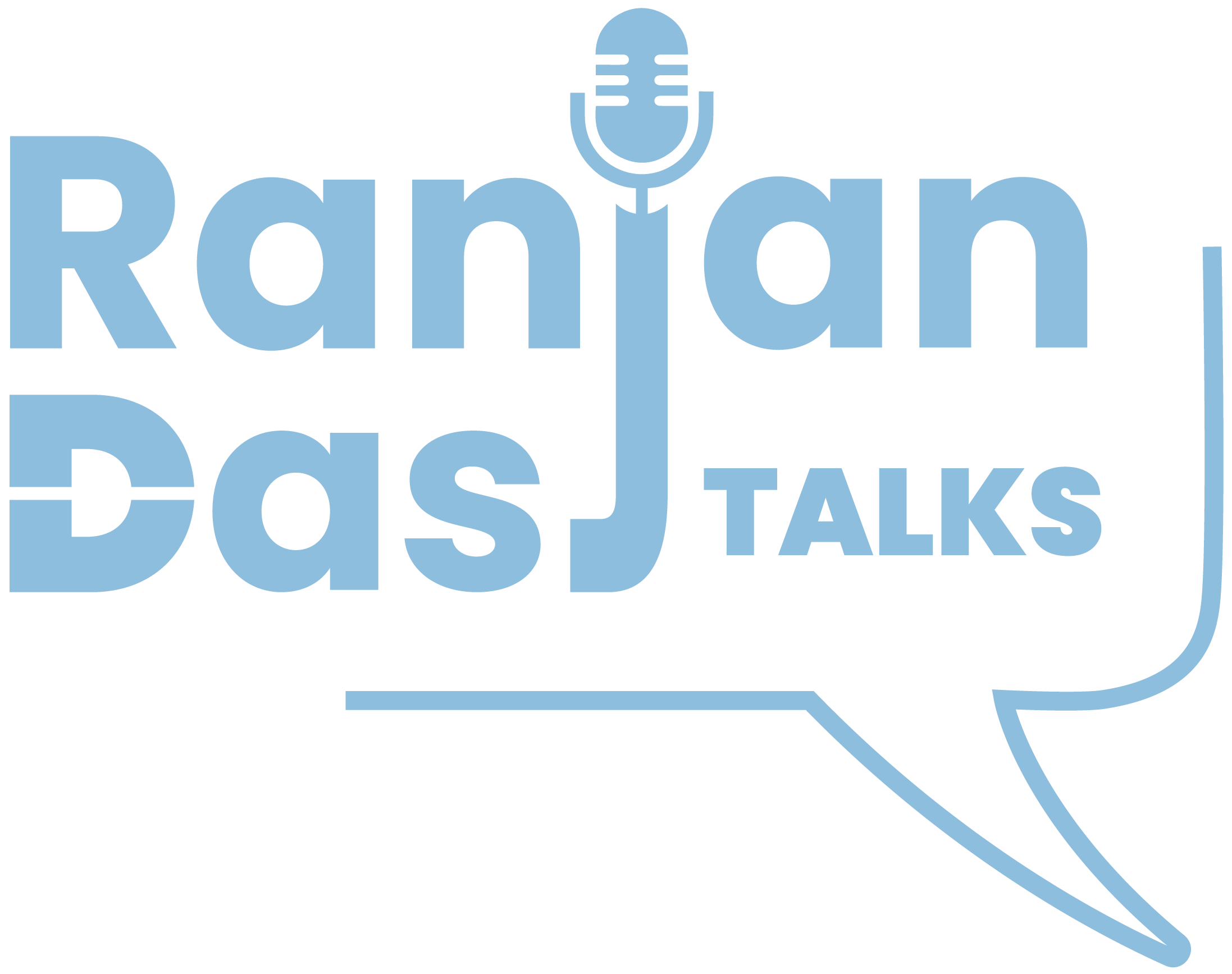
Blog
Fake WhatsApp Forwards- Spreading faster than the pandemic?
As the country gets hit by a nightmare of a pandemic, an issue that is making the condition worse is the quick spread of Fake WhatsApp Forwards. Who does it and what does it result in? Let's find out.

Ranjan Das
· Posted: 2021-04-16
Posted: 2021-04-16
There are around 2 billion WhatsApp users worldwide. Naturally, it is ranked as the most used mobile messenger app in the world. India is the biggest audience for WhatsApp touching around 400million users as of December, 2020. With such high numbers, WhatsApp is undoubtedly one of the most popular and powerful apps in the world and while it can connect you instantly, it also has the capability to cause disturbances and inconveniences in society.
With various features, from instant messaging to media sharing and even payments, WhatsApp gives its users these services for absolutely free. But the price we pay is actually much higher than you can imagine. Like every coin has two sides, this app comes with its various features and a big downside- FAKE FORWARDS.
As rightly said, with great power comes great responsibility. WhatsApp has largely failed to curb the misuse of the app.
It has been the primary medium of fake and misleading news for a long time now. This has not only caused issues regarding wrong information but also led to serious crimes, especially in India.
The Indian WhatsApp lynchings are a spate of mob lynchings carried out in various states of India like Rajasthan, Orissa, Kerala, Assam, etc., followed by false rumours related to child abduction and kidnapping. Several people were killed in these mob-violence acts only because fake WhatsApp forwards raised suspicion about child-lifters. The perpetuation of such rumours is not a new case in India. Such fake WhatsApp forwards have created chaos in the past too. Be it the 2012 ‘Northeaster exodus’ or 2013 ‘Muzaffarnagar riots’, hoax and fake online circulations have led to some serious damage before and it continues to do so.
But as the world stands in the middle of the pandemic and India being one of the worst-hit countries in the world, how harmful are these WhatsApp forwards? Who is making them and why?
Fake information on WhatsApp comes at various degrees. While some talk about not-so-serious matters, some messages create an inflammatory effect amongst the readers and others provide them with an instant sense of comfort and knowledge. Out of thousands of messages, the ones that really make their way through to the masses are the ones that cater to immediacy.
WhatsApp forwards during Covid-19 have propagated several misleading information that has affected people politically, socially, and even medically.
Sexist jokes with respect to coronavirus, stereotypical mocking on various communities were all a part of these fake forwards. Other instances were where claims about natural remedies helping cure coronavirus were being circulated which was completely misleading, as verified by doctors. Some messages that claimed coronavirus was detected in chickens led to the breakdown of the Indian poultry industry. Basically, endless claims, jokes and factually incorrect information were passed on through WhatsApp even during the pandemic.
The most important question here arises, why do people forward these messages when they are so clearly or to an extent, fake?
According to studies, fake news travels faster than true news because it's more novel and hence shared faster and widely. It tends to meet with emotions like surprise, disgust and fear. That is one of the reasons why fake news spreads like fire.
In India particularly, fake news over Whatsapp goes around in seconds by users that are biased and ideologically motivated. People are also likely to hit the forward button when they feel that there is some amount of truth in the message and could possibly help someone, hence they do not verify it further. As WhatsApp has a large user base, the news reaches the masses in no time. Sometimes, these messages are created to defame, as we see in the case of Tablighi Jamaat where the Muslim community was targeted and presented as malign.
To some extent, education and awareness are some major factors that affect this phenomenon directly. People between the ages of 18-25 reported that they refrain from sending such forwards unless fully verified. So it’s mainly the older crowd that is whiling away time on WhatsApp and passing on this misinformation without a thought.
In order to curb the spread of this problem that is almost as dangerous as the virus, the Government as well as the parent company- Facebook are taking some steps.
One can get jail for up to three years if found indulging in a fake WhatsApp forward chain. While Facebook continues to carry out ad campaigns and revise its policies continuously to tackle this issue.
While we deal with bigger problems in the world right now, let’s try to collectively eradicate the virus of misinformation from our lives.
Marketing is everything, products are
woven around it.